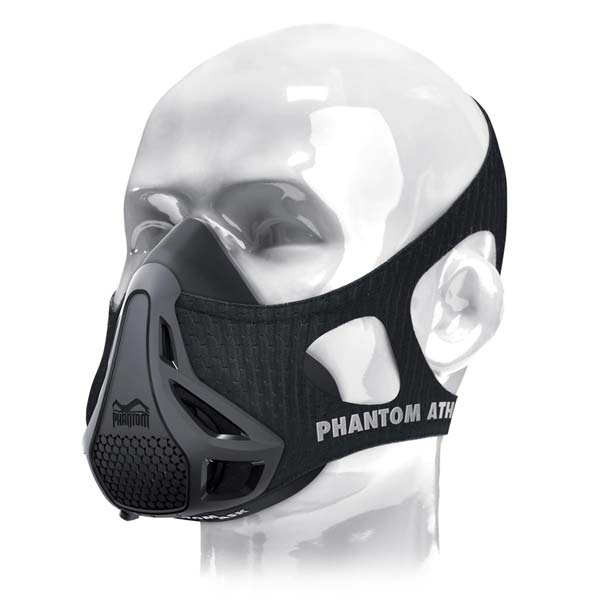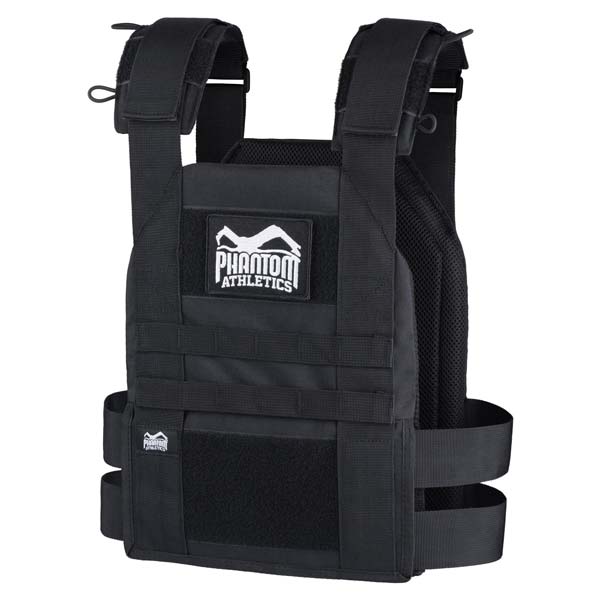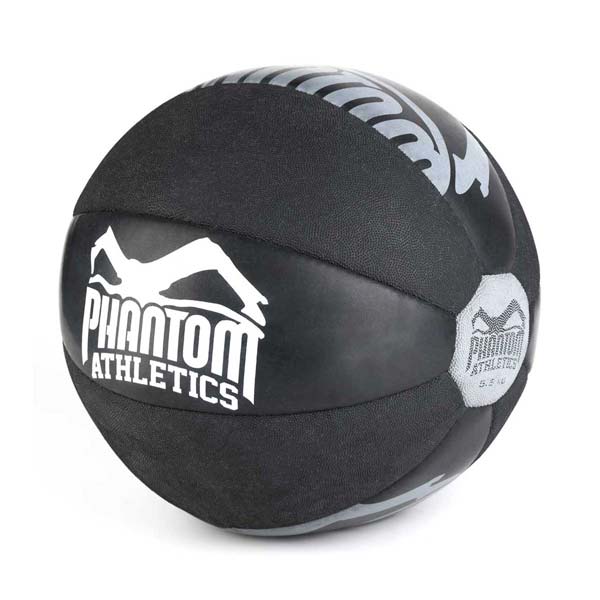What were your first contacts with sport, where did you start?
I started with vaulting. That actually laid the foundation for flexibility and flexibility.
How did you get from there to Kung Fu and martial arts, which is something like your “trademark”?
Inside I was always there. As a child, I always wanted my parents to send me to a Shaolin monastery (laughs). Unfortunately, there was nothing suitable in the small town where I grew up.
When I left home at 18 and moved to the big city, I finally had a lot of options, tried things out and when I went to school for the first time with my first master, I knew straight away: This is where I'm meant to be immediately every day.
That was pretty late?
Yes, quite late, that's true. But I've really been doing sports all my life, volleyball at a competitive level for seven years, rowing for six years and tried to implement, practice and train this discipline, which has always fascinated me about Shaolin monks.
Because I never neglected my ability to stretch or move and did fitness 5 times a week, I was able to quickly apply this to Kung Fu so that I only had to acquire the technical know-how.

Which martial arts do you now practice?
Mainly Wun Hop Kuen Do Kung Fu before it was the southern Shaolin style in Hanover. Because I moved to Hamburg, I had to start the system all over again. This also includes weapons, preferably sabers. Escrima, Filipino stick fighting, is also integrated into my current system, and I am also very interested in that. This year I started with Muay Thai, which I would like to expand on in the future, including in competition form. Shortly before my injury I started practicing Brazilian Jiu Jitsu and full contact weapons.
How did you as a woman get into martial arts, because unfortunately it is still less of a typical “women’s discipline”?
Initially it was the mindset that impressed me, but also the fighting spirit itself. Because of my inner attitude, as people know me, I "bite through" everything and when it gets challenging, then even more so. This may not be a typical women's or girls' sport, but I don't care.
I am of the opinion that if a woman understands certain things, be it fitness or martial arts, and it clicks, then she is at least as dangerous as everyone else.
What is a typical training week like for you?

In Hamburg 5 times a week Kung Fu, 1 time Thai boxing and 2 times fitness. When it comes to fitness, I mainly do full-body training, compound movements, so that I get real added value from them. In Kung Fu, my units vary from very, very physically intensive to very technical training and then of course weapons training.
How long does training usually last for you?
In Kung Fu, a unit lasts an hour, and I usually complete several in a row, but try to alternate the intensities. I usually spend a little over an hour at the gym.
In addition to this time-consuming training, is there still time for other hobbies or friends?
I live another passion through my business psychology studies and through work in this area.
Friends are a difficult subject. To put it this way, I see a lot of my friends at training, so maybe you don't talk to each other as much during it, but even non-verbally it's an almost even more intensive way of spending time together.
In addition, there is usually enough time for conversation before or after training. It also requires good time management. But it's true, training and this "lifestyle", this life is a priority for me and that's why I value my friends so much because they accept it too.
At this point, a big thank you to you again.
What does sport mean to you other than purely physical training?
Pure passion. There is nothing more essential to me than fighting. It trains so much more than just the body, especially on a spiritual, mental level. I love constantly developing and expanding myself. For me, this requires every kind of skill that I can take with me on my journey.
For me, sport is passion, life, all in one.
Is this also your motivation that drives you further and further: on the one hand, striving for higher things on a personal level, as well as the extremely deep passion for the sport?
Yes definitely. It just means everything to me. And if one day my leg had to be taken away, I wouldn't give up, I would just keep fighting.
What do you personally see as your greatest success?
I had an operation when I was 16 that took me out of everything for a total of 1 1/2 years. After that I had to go to rehab and was really emotionally broken after that when I was 17. Having to experience this made me stronger and I came out of it changed. It just clicked. Afterwards I said: OK, from now on I will organize my life exactly the way I want it. Since then, my feelings have become much more intense, everything feels much more colorful, more real, especially on an emotional and perceptual level.
Having to experience this at the age of 17, but then also having to “fight my way out” of this situation is the greatest achievement I have made for myself. Everything I was able to learn during this time still has an impact today. That “kicked” my life into a positive direction.
I no longer just live to myself, but extremely intensely. Unfortunately, this is something that many people have not yet discovered for themselves.
My biggest low blow allowed me to really rise to the top.
On a sporting level, my greatest success was the Weser Marathon in Olympic rowing at the age of 14 with a distance of 135 kilometers per day, which I completed several times. Now in the last two years there have also been 24-hour Kung Fu training sessions.

Did martial arts help you to train this intense, conscious life and experience?
It was rather the other way around. I didn't do any martial arts back then. I had to learn this mindfulness the hard way and was then able to apply it in Kung Fu. As a result, it has certainly been further refined.
How did you get your name “Prototype Alina”? Does this have a deeper meaning for you?
That just fits my attitude to life. To always develop myself further, never to stand still. For me personally, life is about creating yourself and continually expanding yourself. You are faced with so many challenges in life. You should always stay true to yourself, but also adapt a bit to the situation. The main thing for me is not to compare myself with others, but rather to create a complete individual. In my opinion, this should be the maxim for everyone.
Seen in this way, I am a prototype that will never be finished and completed. But he shouldn't do that at all. A constant growth
You recently suffered a torn cruciate ligament. Of course, this represents another setback. But as people experience you as a person, you still don't give up and continue to train.
But how do you still ensure the balance of not overtaxing yourself in this weakened state?
That's correct. I usually have to slow myself down rather than motivate myself (laughs). I design it in such a way that, on the one hand, I try to listen extremely intensively to my body, but I also look at this in a combined overall picture with the feedback that I get from people who I consider to be competent.
We all know that, sometimes you just need an outside perspective, even if you think you can assess yourself well. I talk a lot to other athletes and get a lot of opinions, for example from Abu Ilias, who is also a member of Team Phantom Athletics . At this point, thanks to you, Abu.
I always think it's important to get expert opinion, but also consider your own opinion. And so far, after every injury, I've been back on my feet quicker than the doctors predicted and the training didn't even make the injury worse. So I'd say I've done pretty well so far.
If you want and find the balance, an incredible amount is possible.
You are also very active on social media and have an extremely loyal and constantly growing number of followers. How did that start back then?
I actually got into it through my brother. When I had already moved out, he really wanted me to sign up for Instagram so he could tag me in any pictures. I then uploaded one or two pictures from the training and when I understood that there are people out there who are just as crazy as me, who have the same mentality, have the same passion, I understood that there is a real community here. For me, the number of followers has no value, it's just about the connection to like-minded people that it makes possible.
Especially when I was injured, I noticed that it wasn't just followers, but a real network. I was contacted by so many people who gave me tips, contact details for their specialists and, and, and. This community is really strong. Extreme.
How did you get involved with the Phantom Athletics team?
The name Abu comes up again.
That was on World Fitness Day. Shortly before that, Abu wrote to me and said he would like to have me on the team. At that time I already had a collaboration with another brand.
For me it's like this: When I decide to do something, I do it right. That's why I answered him: "Abu, thank you for asking, I think that's cool, but I want to get to know you in person first and if it's a good fit, then I'm behind you 100 percent."
We met on World Fitness Day, I was convinced and Phantom Athletics has been part of my life ever since I am proud to be able to support you as one of your athletes.

What was your first opinion of the Phantom training mask?
I wanted to try it out, but wasn't quite sure what to think about it.
Your first training with her?
My thought when I first put it on was just. "Awesome Shit".
I was at the gym with a friend. I started with deadlifts, then went to the punching bag, and did a lot of bodyweight training, just to see how my body reacts to the unfamiliar load, how it feels. I really liked it because I had the feeling that I could concentrate more intensively on myself and the training. I felt everything much more intensely.
What came next?
I started using them for mountain biking, which is where I mainly use them. In terms of martial arts, I particularly like to use them when I train a lot of street fighting techniques. This makes the training much more intense and effective, the stress level is higher and I can gain greater benefits.
What was your most extreme experience with the Phantom training mask?
That was during the second training session with her. I trained in street fighting and set a timer. If I do that, I stick to it. I suddenly switched the mask to level 4 with a random movement, but I really wanted to push through the timer. Afterwards I thought to myself: Now I need a break.
Do you also notice a mental improvement through the Phantom training mask?
In any case. This psychological effect, this release of adrenaline, is also one of the main reasons why I train with the mask.
Do you already have goals for what to do after the injury?
First of all, of course, "learning to walk" again, while doing a lot of upper body training, sitting with weapons and the like. After that, I honestly have to see where I stand and where my passion takes me. Whether I go to Kung Fu championships or step up Muay Thai, I might also do full contact with weapons. I can't say that in great detail yet.
What I do guarantee is that there is no question that I will come back and stronger than before.

If you, like Alina, want to improve your physical and mental abilities to push your body to peak athletic performance, you should take a look at our Phantom training mask!
Contact
Do you have any questions about the Phantom training mask? You can contact us at any time here:- email: info@phantom-athletics.com
- Tel.: +43 (0) 1 325 22 58
- Facebook: www.facebook.com/PhAthletics
- Instagram: phantom
- Snapchat: phantom .athl
- WhatsApp: +43 676 3965188









